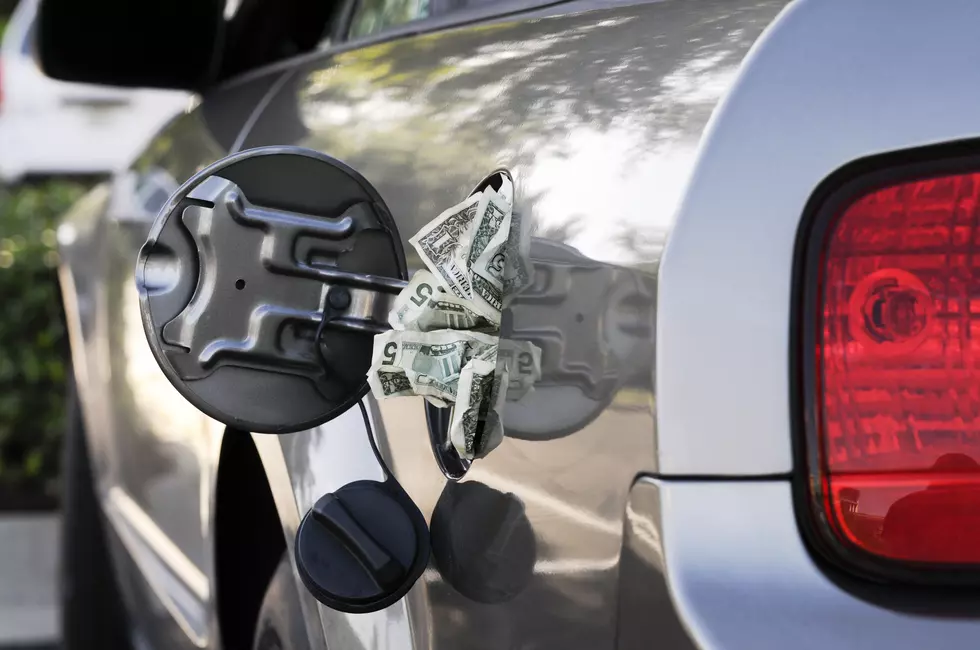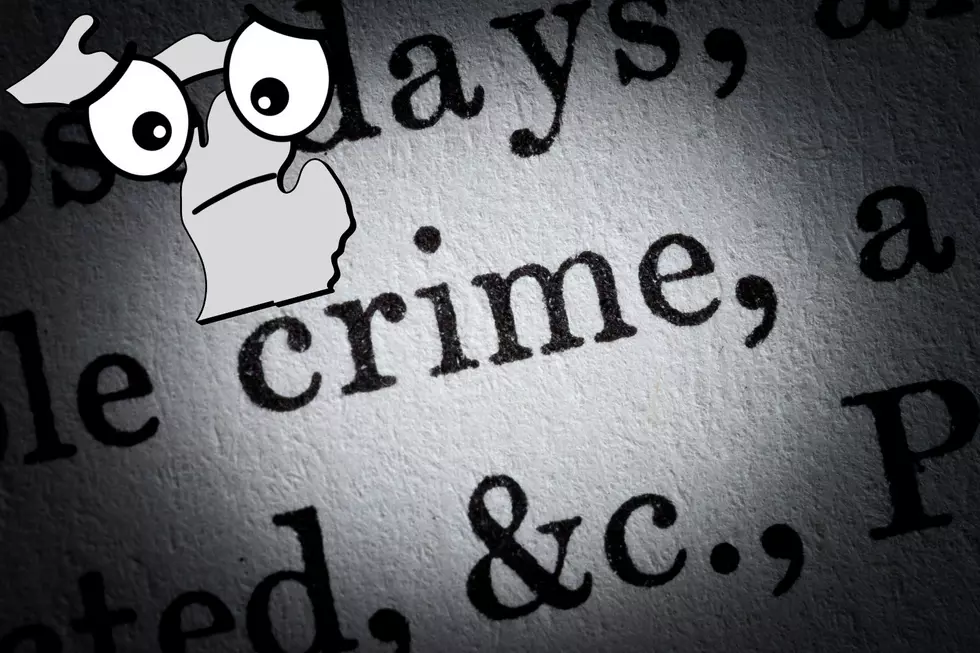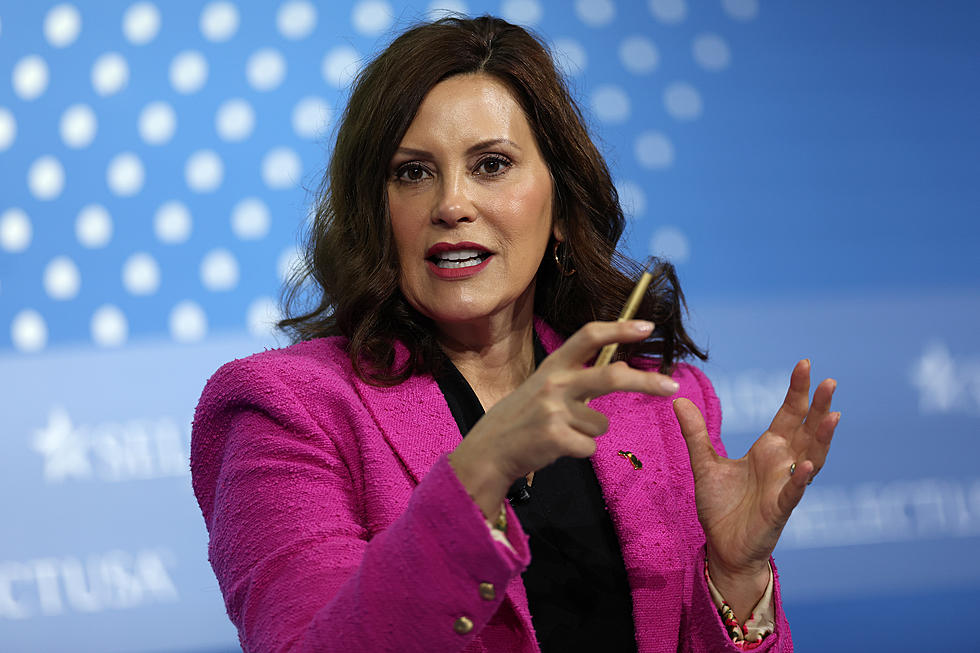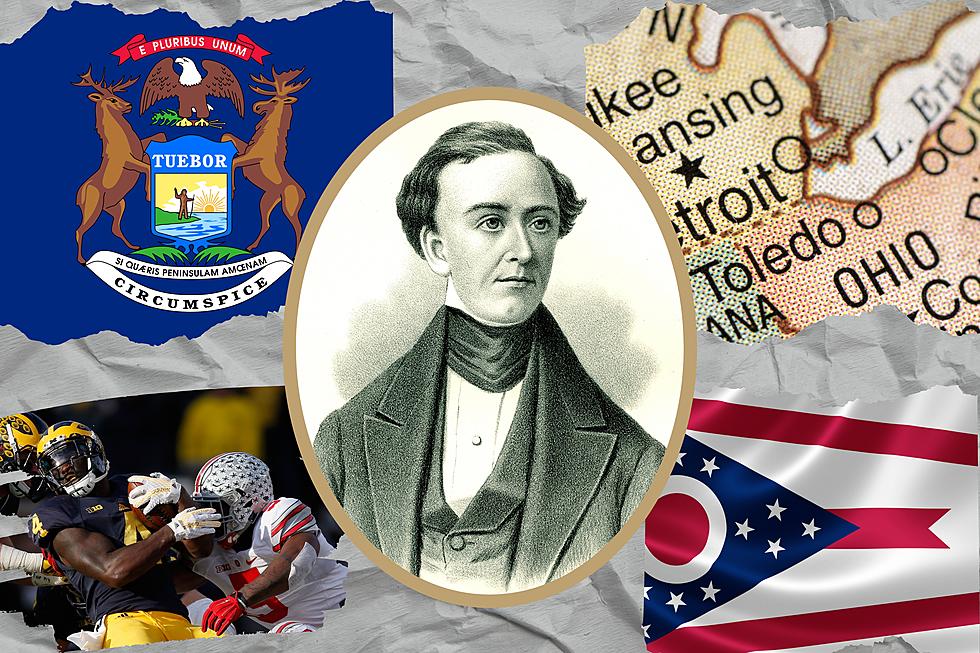
We Can Fix Our Michigan Roads Within Our Current Budget
The researchers at the Mackinac Center for Public Policy attempted to find taxpayers funds within our current budget to add to our road funding and they did.
Their Director of Fiscal Policy, James Hohman found 13 different sources in which our taxpayer funds can be reprioritized and spent on our roads. This would occur without raising taxes on anyone in Michigan, neither us Individuals as Governor Whitmer wants or small businesses and corporations as the Democratic Party wants.
They are as follows:
- Redirect Indian Gaming Money: The state receives payments from tribes that operate gambling operations. The money goes directly to the Michigan Economic Development Corporation. Lawmakers should redirect this to higher budget priorities. $53 million.
- Transportation Economic Development Fund: The state should put this money into its formula for distributing money for road funding instead of using it on targeted projects. $44 million.
- MPSERS extra payments: Michigan charges school districts for running a statewide retirement system for their employees, and it sends them extra money to cover a portion of those payments, beyond what state law requires. Lawmakers could stop sending those extra payments. $100 million.
- Employee premium sharing: The state already requires its employees to pay for a portion of their health insurance. But it requires a smaller percentage than private sector averages, and it could increase those requirements to match practices in the private sector. $55 million.
- Disputed school grants: The current year’s budget includes grants to schools which go beyond funding for general school operations. But there is disagreement among Gov. Gretchen Whitmer, the House and the Senate over what grants should be offered. Where grants are disputed, they should be ended. $26 million.
- Halve general ISD grants: The state sends money to intermediate school districts, which already get funds from their local millages. Furthermore, ISDs duplicate the services that school districts provide and are ineffective. State funding to them has grown even as student populations declined. This money can be better spent on the roads. $35 million.
- Index higher education spending to inflation: State payments to universities have grown substantially since 2012, but university costs increased more, and so did the tuition they charge to state residents. Lawmakers can dial back their payments but still increase spending to match inflation and the growth in the universities’ resident student populations. These institutions have operated with less in the past and will be able to adjust. $247 million.
- Michigan Council on Arts and Cultural Affairs: State funding of arts and cultural programs is a fraction of all private and philanthropic spending that occurs in the state. State taxpayers can exit the function entirely. $9 million.
- Rail operations: The state supports passenger rail services that are expensive and unnecessary. There are more affordable and efficient private ways to transport people around the country without rails. $71 million.
- AgBio Research and Cooperative Extension: These operations at Michigan State University provide private benefits at public costs. The beneficiaries of the services can work to find ways to finance their work without taxpayer support. $65 million.
- Revenue Sharing: Since 2011, the state has increased its payments to local governments beyond the inflation rate and beyond what is required by the Michigan Constitution. Redirecting these general payments to road funding would still transfer money to counties, cities and villages, but rather for specified road uses. $104 million.
- Great Start Readiness Program: The state has expanded the income eligibility of this program and now provides subsidies too many families who can afford to pay for their own children’s preschool. Lawmakers can reduce payments while still ensuring that poorer households receive support. $114 million.
- Strategic Fund: The state operates business subsidy and support programs that are ineffective and wasteful. Resources spent here can be better spent on the roads. $125 million.
There you go, 13 sources in which we can reprioritize over 1 billion dollars per year towards our “damn roads”.
Do you believe they will reprioritize the funds or just stack on more taxes on the people? I will give you 3 guesses and the first 2 do not count. The only chance we have is the Republicans are currently in control in the Michigan House and Senate.
More From WBCKFM









